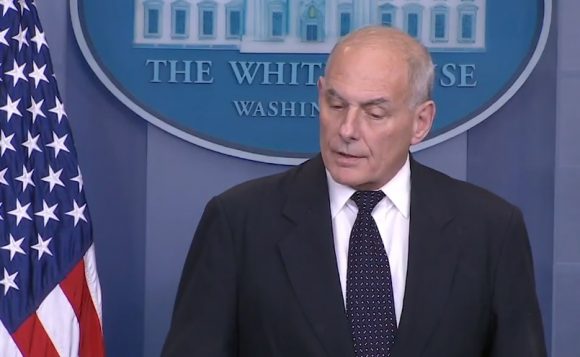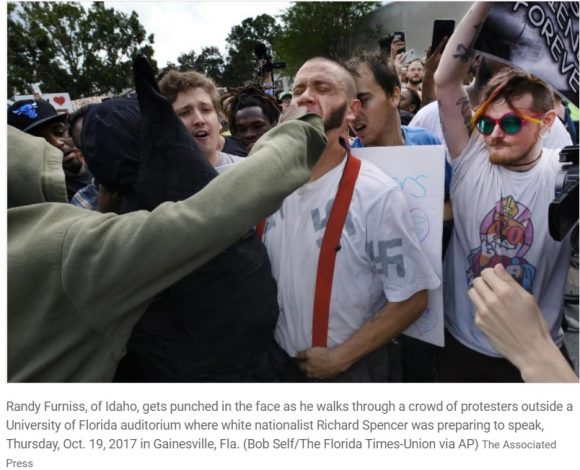Dear Commons Community,
The New York Times has a featured article this morning examining the role of today’s billionaires and their foundations. The reporter for this piece entitled, Giving Away Billions as Fast as They Can, takes a critical look at how they are trying to re-shape the world through their own political and social lenses. Here is an excerpt:
“In a matter of years, a new crop of ultra-wealthy Americans has eclipsed the old guard of philanthropic titans. With names like Soros, Gates, Bloomberg, Mercer, Koch and Zuckerberg, these new megadonors are upending long-established norms in the staid world of big philanthropy.
They have accumulated vast fortunes early in their lives. They are spending it faster and writing bigger checks. And they are increasingly willing to take on hot-button social and political issues — on the right and left — that thrust them into the center of contentious debates.
Plenty of billionaires are still buying sports teams, building yachts and donating to museums and hospitals. But many new philanthropists appear less interested in naming a business school after themselves than in changing the world.
“They have a problem-solving mentality rather than a stewardship mentality,” said David Callahan, founder of the website Inside Philanthropy and author of “The Givers,” a book about today’s major donors. “They are not saving their money for a rainy day. They want to have impact now.”
…
When news of George Soros’s $18 billion transfer of wealth to the Open Society Foundations was announced, reaction from conservatives was swift and predictable. Fox News called him an “Uber-liberal billionaire.” Breitbart News said the gift “makes his organization the biggest player on the American political scene,” adding that “the foundation’s work has supported dogmatic, aggressive left-wing groups that disrupt liberal democracy and stifle opposing voices.”
Mr. Soros became a lightning rod for conservative criticism largely because of his own political contributions rather than his foundation’s spending. He was a major donor to Hillary Clinton, and spent millions of dollars on efforts to defeat Donald J. Trump in last year’s presidential election.
Yet he is equally reviled in certain circles for his philanthropic work. Since the 1990s, Mr. Soros has used the Open Society Foundations to advance causes that are deeply unpopular with many Republicans, including loosening drug laws, promoting gay rights and calling attention to abuses by the police.
Mr. Gaspard of the Open Society Foundations asserts that Mr. Soros is not courting controversy. Rather, he said, Mr. Soros is simply on the right side of history. “The rights of the Jewish community in 1937 in Berlin may have been deemed controversial by some in that society, but we all appreciate today the inherent value in that fight,” he said. “The same is true today, when we are involved in safe needle transfers for drug addicts, or when we’re engaged in supporting the rights of sex workers in Johannesburg, or the Rohingya in Myanmar.”
Michael Bloomberg, the former New York mayor, is also no stranger to criticism. The purpose of his foundation, Bloomberg Philanthropies, is to “ensure better, longer lives for the greatest number of people.” In practice, this has meant Mr. Bloomberg spending hundreds of millions of dollars on issues including gun control and obesity prevention, drawing the ire of Republicans who oppose what they see as excessive regulation.
Even the Gates Foundation, which is “dedicated to improving the quality of life for individuals around the world,” sometimes finds itself drawn into the culture wars. Global Justice Now, an advocacy organization based in London, said in a report that the Gates Foundation is “not a neutral, charitable strategy for which the world should be thankful” but “a specific ideological strategy that promotes neo-liberal economic policies.”
This isn’t the first time philanthropy has been politicized. A century ago, Julius Rosenwald, a part owner of Sears Roebuck & Company, emerged as a champion of African Americans. Mr. Rosenwald, a Jewish businessman from Chicago, befriended the black educator Booker T. Washington and began funding the construction of schools for African Americans across the Jim Crow South. When the Ku Klux Klan burned down his schools, he simply rebuilt them. In doing so, Mr. Rosenwald made enemies.
“Julius Rosenwald was the first social justice philanthropist,” said Darren Walker, president of the Ford Foundation. “He upset all of the powers in the South.”
That, in Mr. Walker’s estimation, was a good thing. And today, Mr. Walker is encouraging donors to find their inner Julius Rosenwald. “Philanthropy should not be an expression of only one’s wealth and power,” he said. “It also needs to be an expression of humility and an expression of skepticism about some of the very systems and structures that produced one’s wealth. What I hope for is that more philanthropists in this generation understand the difference between generosity and justice.”
There are equally powerful forces flexing their financial muscles on both sides of the political spectrum. And, like Mr. Soros, conservatives are using both foundations and political donations to achieve their goals.
Though the brothers Charles and David Koch are best known for their work supporting Republicans, they also fund a network of philanthropies that support efforts to, among other things, question climate change and encourage conservative thinking on college campuses. The Mercer Family Foundation, run by Rebekah Mercer, a prominent supporter of President Trump, has bankrolled conservative think tanks including the Heritage Foundation and the Heartland Institute.
“The wealthy have become more polarized along with the rest of America,” said Mr. Callahan. “You have more liberal, progressive wealthy people than ever before. Meanwhile, you have lots of conservative rich people. There’s this escalating arms race among mega donors.”
I would add that our mega-philanthropists are not only becoming more polarized but to a degree have fueled the polarization that exists.
Tony






